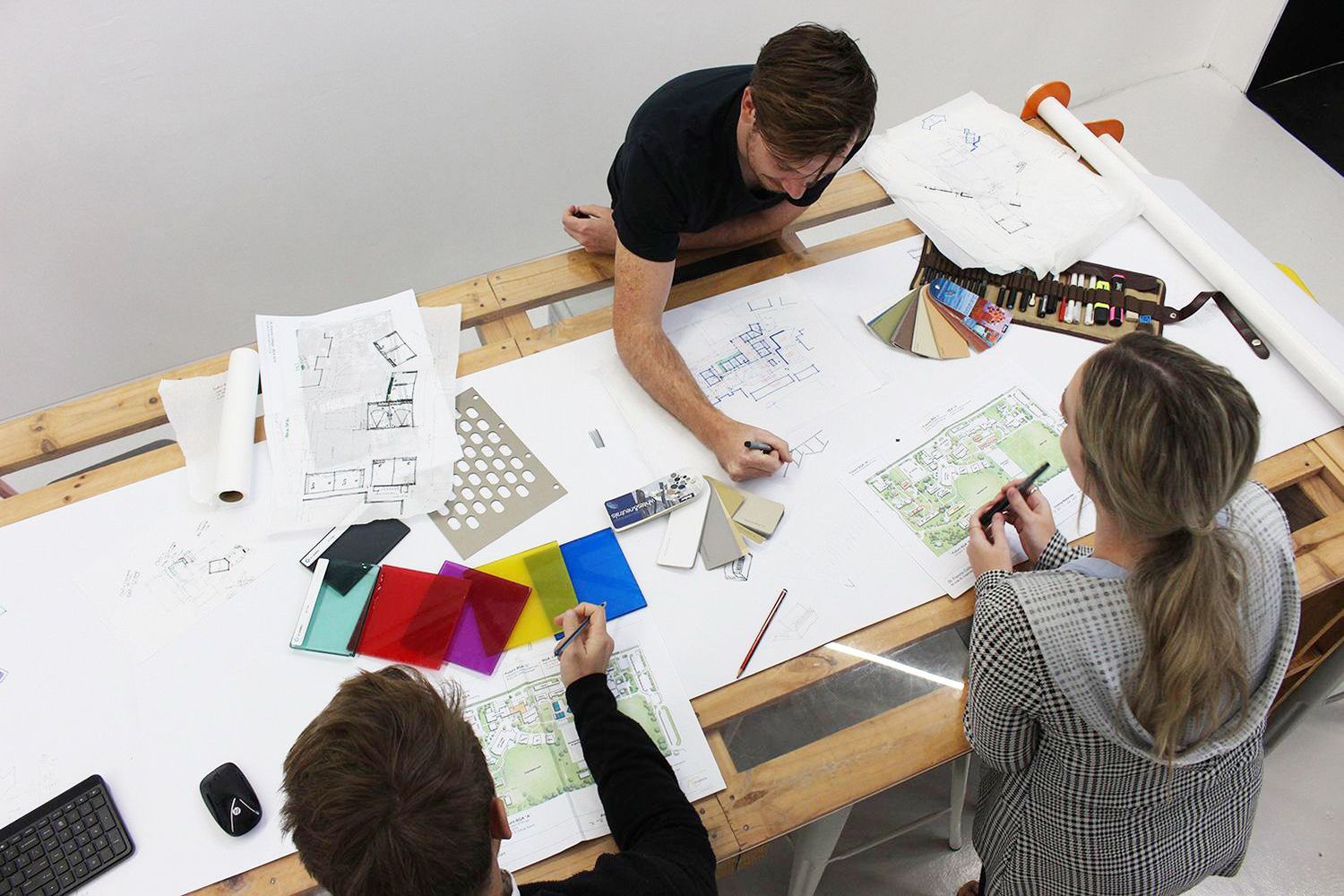- Home
- Articles
- Architectural Portfolio
- Architectral Presentation
- Inspirational Stories
- Architecture News
- Visualization
- BIM Industry
- Facade Design
- Parametric Design
- Career
- Landscape Architecture
- Construction
- Artificial Intelligence
- Sketching
- Design Softwares
- Diagrams
- Writing
- Architectural Tips
- Sustainability
- Courses
- Concept
- Technology
- History & Heritage
- Future of Architecture
- Guides & How-To
- Art & Culture
- Projects
- Interior Design
- Competitions
- Jobs
- Store
- Tools
- More
- Home
- Articles
- Architectural Portfolio
- Architectral Presentation
- Inspirational Stories
- Architecture News
- Visualization
- BIM Industry
- Facade Design
- Parametric Design
- Career
- Landscape Architecture
- Construction
- Artificial Intelligence
- Sketching
- Design Softwares
- Diagrams
- Writing
- Architectural Tips
- Sustainability
- Courses
- Concept
- Technology
- History & Heritage
- Future of Architecture
- Guides & How-To
- Art & Culture
- Projects
- Interior Design
- Competitions
- Jobs
- Store
- Tools
- More

Architectural education plays a pivotal role in shaping the future of the profession and ensuring the continuity of architectural heritage. It equips aspiring architects with the knowledge, skills, and mindset necessary to create innovative, sustainable, and culturally sensitive designs. However, with the evolving nature of architecture and the challenges of the modern world, it is essential to assess the current state of architectural education and explore ways to enhance it, including pursuing advanced degrees such as a master’s in architecture.
The field of architecture is constantly evolving, driven by advancements in technology, sustainable design practices, and changing social and cultural contexts. Architectural education must keep pace with these trends to adequately prepare students for the challenges they will face in their professional careers. While undergraduate programs provide a solid foundation, pursuing a master’s degree in architecture can offer deeper exploration and specialization in areas such as urban design, digital fabrication, sustainability, and architectural history. A master’s degree allows students to delve into advanced concepts and research, enabling them to contribute to the forefront of architectural innovation.

Architecture today is increasingly interdisciplinary, requiring architects to collaborate with professionals from diverse fields such as engineering, environmental science, social sciences, and computer science. Architectural education should foster interdisciplinary approaches to design, encouraging students to work in teams, exchange knowledge, and integrate multiple perspectives. A master’s degree program can facilitate this by providing opportunities for interdisciplinary coursework and research, allowing students to develop a broader understanding of the complexities involved in creating holistic architectural solutions.
In an increasingly interconnected world, architectural education should emphasize global perspectives. Architecture is shaped by cultural, historical, and regional influences, and students should be exposed to diverse architectural traditions, practices, and philosophies from around the world. A master’s degree in architecture can provide opportunities for international study, research, or collaborations with institutions and practitioners in different countries. This exposure enhances students’ understanding of global architectural heritage and encourages cross-cultural dialogue, fostering a more inclusive and globally conscious approach to design.
Sustainability and resilience have become critical considerations in architectural practice. Buildings and cities have a significant impact on the environment, and architects must design with a focus on energy efficiency, resource conservation, and resilience to natural disasters. Architectural education should integrate these principles throughout the curriculum, ensuring that students develop a deep understanding of sustainable design strategies, green building practices, and the use of renewable materials. A master’s degree program can provide an opportunity to delve deeper into these areas, allowing students to explore innovative solutions and develop expertise in sustainable and resilient design.

Promoting Lifelong Learning
Architectural education should not end with a degree. It should instill in students a lifelong passion for learning and professional growth. Continuing education and professional development are essential for architects to stay updated with emerging technologies, evolving building codes, and changing societal needs. While a master’s degree provides advanced knowledge and specialization, architects should also engage in continuous learning through workshops, seminars, conferences, and professional certifications. Architectural education should foster a culture of lifelong learning, encouraging architects to adapt and evolve throughout their careers.
Architectural education is a dynamic and evolving field, with the potential to shape the future of architecture and preserve architectural heritage. While undergraduate programs provide a strong foundation, pursuing a master’s degree in architecture can enhance knowledge, specialization, and interdisciplinary collaboration. It can equip architects with the skills and expertise needed to address the complex challenges of our time, such as sustainability, resilience, and globalization. By embracing advancements in architectural education and promoting lifelong learning, we can ensure that architects are prepared to create meaningful, innovative, and culturally sensitive designs that celebrate our architectural heritage while shaping a sustainable and inclusive future.
In school years, get involved in architecture-related organizations, clubs, or societies at your university or in your local community as students. These groups often organize events, competitions, and collaborative projects that can help you refine your skills and build valuable connections. Also, seek out practical projects or internships that allow you to apply your architectural knowledge and skills in real-world scenarios. These experiences can provide insights into the practical aspects of architecture, including design development, construction techniques, and project management. Remember that self-improvement requires dedication, curiosity, and a commitment to lifelong learning. By actively engaging in these activities outside of school, you can enhance your architectural skills, broaden your knowledge, and strengthen your professional prospects.

Credit: Implications for architectural education – Citizen Mag (citizen-mag.org)
Submit your architectural projects
Follow these steps for submission your project. Submission FormLatest Posts
Designing Homes That Appeal to Both Buyers and Property Investors
Table of Contents Show The Overlap Between Lifestyle Appeal and Investment LogicFlexible...
How to Use a Credit Union for Your Home
Table of Contents Show What are Credit Unions?Mortgage OptionsLower Fees and Closing...
Architectural Diagrams Explained for Students: A Complete Guide
This guide breaks down seven essential architectural diagram types for students, covering...
Warehouse Design Tips for Business Owners
Table of Contents Show Space PlanningStorage SolutionsDock LiftsLighting and AmbianceWorkflow TechnologySafety MeasuresEmployee...












Leave a comment